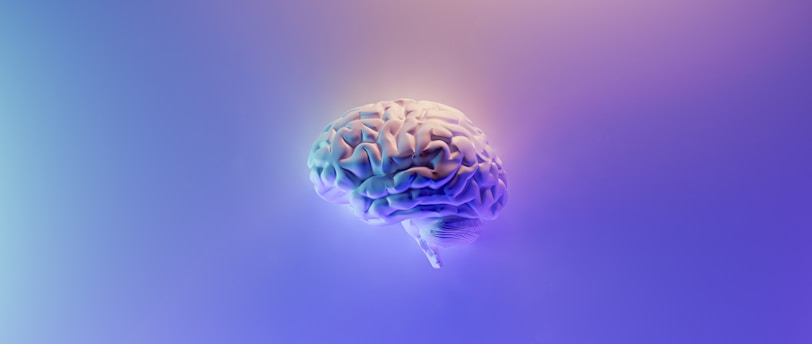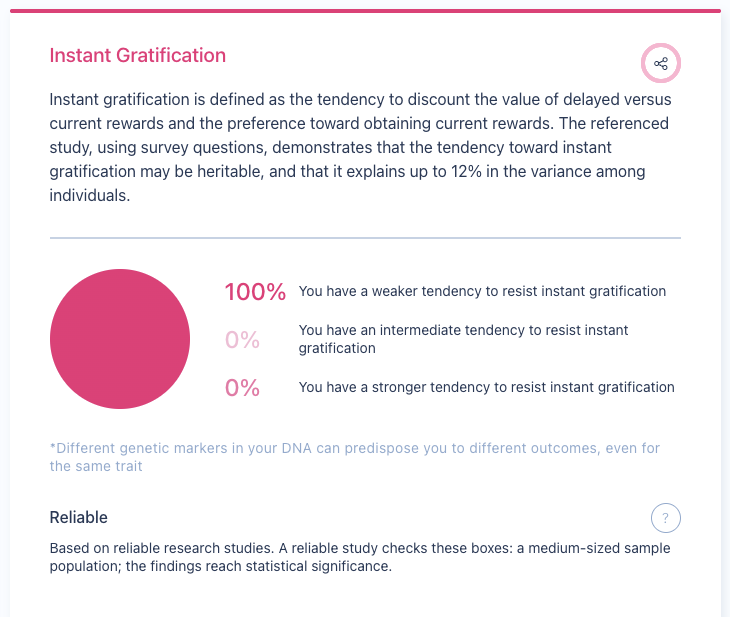The Science of Procrastination: Why We Delay and What It Says About Us
Procrastination isn’t just about laziness—it’s deeply rooted in our emotions, brain chemistry, and even genetics. Discover the science behind why we delay, how neurodivergence plays a role, and what it all means for productivity.
Caroline Jones
3/11/20254 min read


We’ve all been there. A deadline looms, you know you need to get started, but somehow, you find yourself scrolling social media, talking to the dog, reorganising your desk, or falling down a YouTube rabbit hole (do you really need to know the history of the spork right now?).
But is procrastination just bad time management, or is there something deeper going on?
TLDR: It’s not just you, and it’s not just a matter of willpower. Science shows that procrastination is a complex mix of emotions, brain chemistry, personality traits, and even genetics. And if you’re neurodivergent, that mix becomes even more interesting.
So, why do we procrastinate?
1. The Emotional Science of Procrastination
Have you ever noticed that you tend to procrastinate more when you’re stressed, anxious, or overwhelmed? That’s because procrastination isn’t about laziness—it’s about emotion management.
Why We Avoid Certain Tasks
At its core, procrastination is an emotional regulation problem, not a productivity problem. When faced with a task that triggers stress, fear, or boredom, our brain chooses immediate relief over long-term gain. That’s why we delay tasks that feel difficult, unpleasant, or overwhelming.
Fear of failure – "If I don’t start, I can’t fail."
Perfectionism – "If I wait until I’m in the perfect mindset, I’ll do it better."
Task aversion – "Ugh, this is boring/stressful/confusing. I’d rather do literally anything else."
In my Facebook memories each year I see the same post I wrote and chuckle - it says “waiting for an email from a client that I know is going to be bad. I’m just going to delete my entire email app so I can get on with my life”.


2. The Neurology of Procrastination
Your brain is literally working against you when it comes to procrastination. Neuroscientists have found that two key areas of the brain battle it out when you're deciding whether to do a task now or later:
The Prefrontal Cortex (responsible for planning and impulse control) wants you to stay on track.
The Amygdala (the brain’s fear centre) wants to avoid discomfort, so it pushes you toward short-term rewards instead.
For neurodivergent individuals—especially those with ADHD—this battle is even harder.
Executive dysfunction (difficulty starting tasks, regulating focus, and prioritising) plays a major role in procrastination.
Dopamine & Procrastination
Dopamine, the brain’s “feel-good” chemical, also plays a huge role. When a task doesn’t offer immediate gratification, our brains don’t release enough dopamine to create motivation. Instead, we seek dopamine hits from easier, more enjoyable activities (hello, Netflix binge).
I have this issue with exercise - anything else in the world looks better than doing exercise when it comes to the time I’ve promised myself to do it. Whether it’s sleeping in, suddenly getting caught up in some “urgent” household task, or just simply telling myself I’ll do it later. It’s one of my worst areas of procrastination.
3. Is Procrastination Genetic? (Kinda, Yeah)
Did you know procrastination runs in families? Research suggests that procrastination and impulsivity share genetic roots. People who are naturally more impulsive tend to struggle with delaying gratification, making them more likely to procrastinate.
The Neurodivergence Factor
For neurodivergent individuals, procrastination isn’t just about personality—it’s often a direct result of how our brains are wired. Executive dysfunction, sensory sensitivities, and task-switching difficulties all contribute.
ADHD brains are wired for interest-based motivation, which means if a task isn’t stimulating, it’s very hard to start.
Autistic individuals may procrastinate due to task paralysis, decision fatigue, or sensory overload.
A few years ago I did a DNA test and uploaded my results to a site that gives you information on your genetic traits - my results tell me: 100% You have a weaker tendency to resist instant gratification. This speaks volumes about my ability to procrastinate.


4. Chronic vs. Situational Procrastination
Not all procrastination is the same. Some people only procrastinate when overwhelmed, while others struggle with it all the time.
Situational Procrastination
Happens in response to a specific task or circumstance.
Often triggered by stress, burnout, or lack of clarity.
Chronic Procrastination
A long-term pattern of delaying tasks across multiple areas of life.
Can be linked to anxiety, depression, ADHD, or low self-esteem.
My procrastination swings wildly depending on what’s caught my interest at the moment. Some days, I’ll do anything to avoid housework, exercise, or that one project looming over me. But if I’m hyperfixated on any of those? Watch out—I’ll tackle it with laser focus and unstoppable energy, like it’s the most important mission of my life.
5. Temporal Motivation Theory: Why Motivation Fails Us
Have you ever thought, "I work best under pressure"? Well, there’s a reason for that. Temporal Motivation Theory (TMT) explains why we’re more motivated as deadlines get closer.
TMT’s Motivation Equation:
Translation:
High Expectancy (Confidence) + High Value (Importance) = More Motivation
High Impulsiveness + Long Deadline = Procrastination
This explains why we often only start a task when time is running out—urgency increases value.
This theory was such an eye-opener for me. I have always been one to start school and uni assignments last minute and when someone pointed it out, I would let them know the assignment was “stewing” in my mind. Often, I had thought about it quite a bit, but physically done nothing and the looming deadline combined with the stewing thoughts often meant that I could bang out the assignment pretty easily in a short period of time.


Procrastination isn’t just about poor time management—it’s an emotional, neurological, and even genetic phenomenon. Neurodivergent brains, in particular, experience procrastination differently due to executive dysfunction, dopamine regulation, and task paralysis.
The good news? Understanding why we procrastinate is the first step toward managing it (but that’s a topic for another day). For now, go ahead and procrastinate productively—maybe by sharing this article instead of doing that thing you’re avoiding. 😉
Ninth Koi Business Solutions
Tailored support for small businesses and solopreneurs.
Sign up to receive free tools, tips, and resources that will help your business grow effortlessly.
© 2025. All rights reserved.
Terms of Use & Refunds Policy




Ninth Koi Business Solutions proudly supports LGBTQIA+ inclusion, neurodiverse empowerment, and Aboriginal sovereignty.
